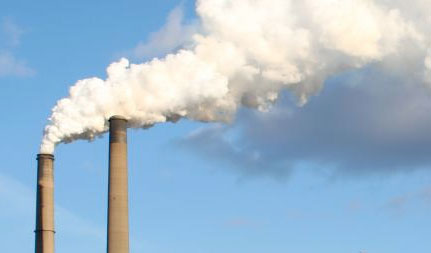Teresa Parejo
Associate Professor of Law (Carlos III University)
Visiting Scholar at the Center for Climate Change Law
The EU ETS (European Union Emissions Trading System), the most important EU tool to fight against climate change, is now facing two challenges of great significance:
1. In October 2013, the International Civil Aviation Organization (ICAO) Assembly agreed to develop a global market-based mechanism (MBM) by 2016 addressing international aviation emissions and to apply it by 2020. In response, the European Commission has proposed amending the EU ETS so that only the part of a flight that takes place in the European regional airspace is covered by the EU ETS. This change would apply from the beginning of 2014 until the planned global MBM enters into force.
This a very important decision because although the direct emissions from aviation account for only about 3% of the EU’s current total GHG emissions, the ICAO projects that by 2050 they could grow by a further 300-700%.
2. As of November 2013, all Member States of the EU (except Poland and Cyprus) have given their support to the Decission of the COREPER (Permanent Representatives Committee responsible for preparing the work of the Council of the EU, art. 240 TFEU) suspending temporarily the auctioning of 900 million tonnes of carbon under the EU’s ETS. This decision is intended to save the ETS by limiting the existing emission allowances’ oversupply, forcing the price up.
The EU has around 2.000 million emission allowances for 12.000 industrial facilities in all its territory, and its carbon market is valued at around 90.000 million euros per year. Due to the oversupply, the ETS is not achieving its energy efficiency and environmental technologies goals. This is impairing the innovation and competitiveness of the EU. The suspension of the auction will reduce the surplus of allowances by 40% and will make it possible to set the price for a ton of carbon somewhere between 6 and 8 euros (today the price is 4,80). Now the decision only depends on the formal agreement of the trilogue (Commission, Parliament and Council of the EU).
The EU Commissioner for Climate Action, Connie Hedeggard, celebrated the decision in twitter by saying: Finally the common sense has prevailed!
Photo courtesy of Cea



